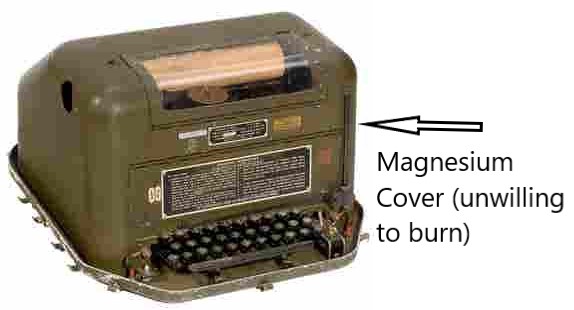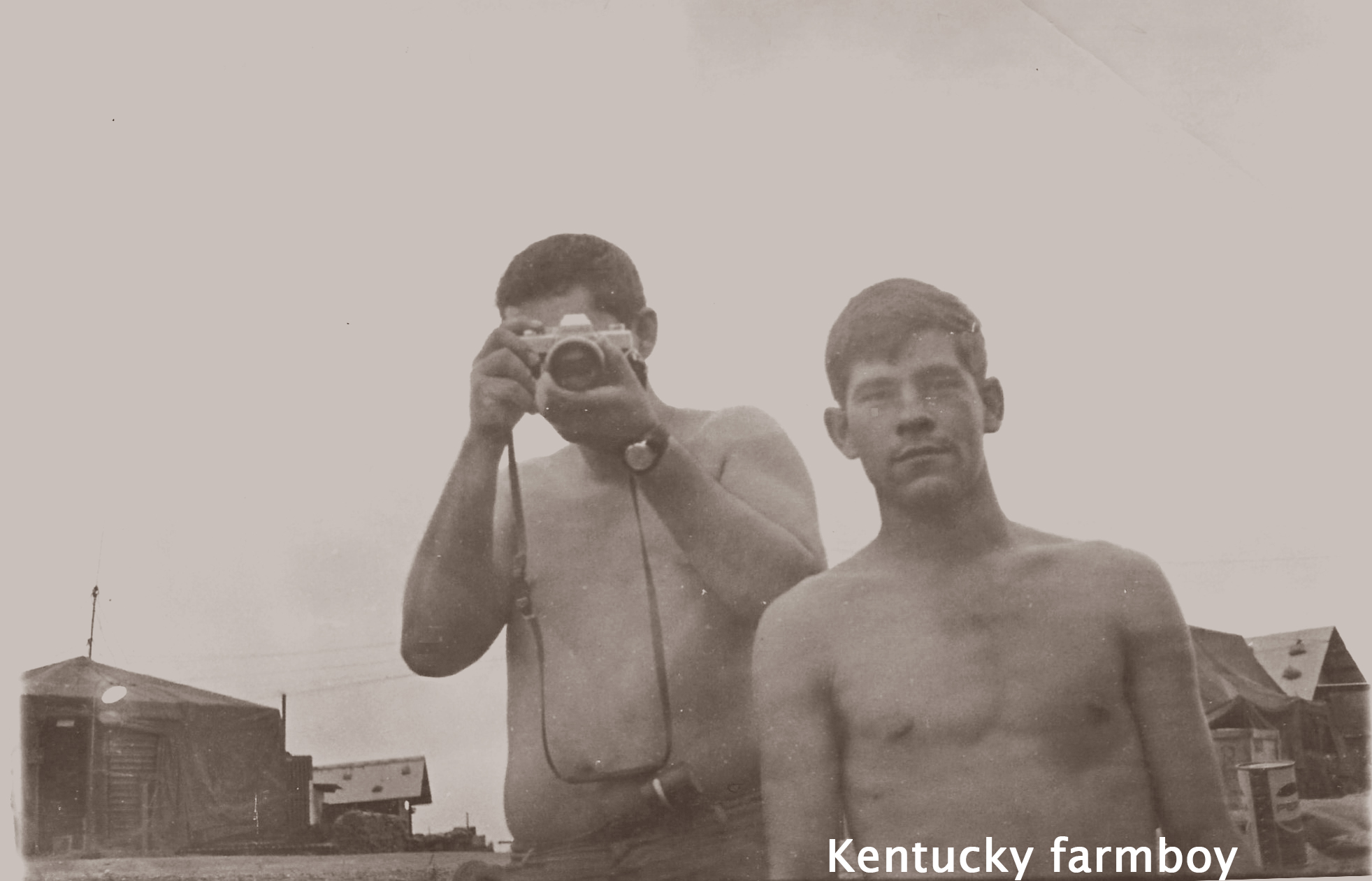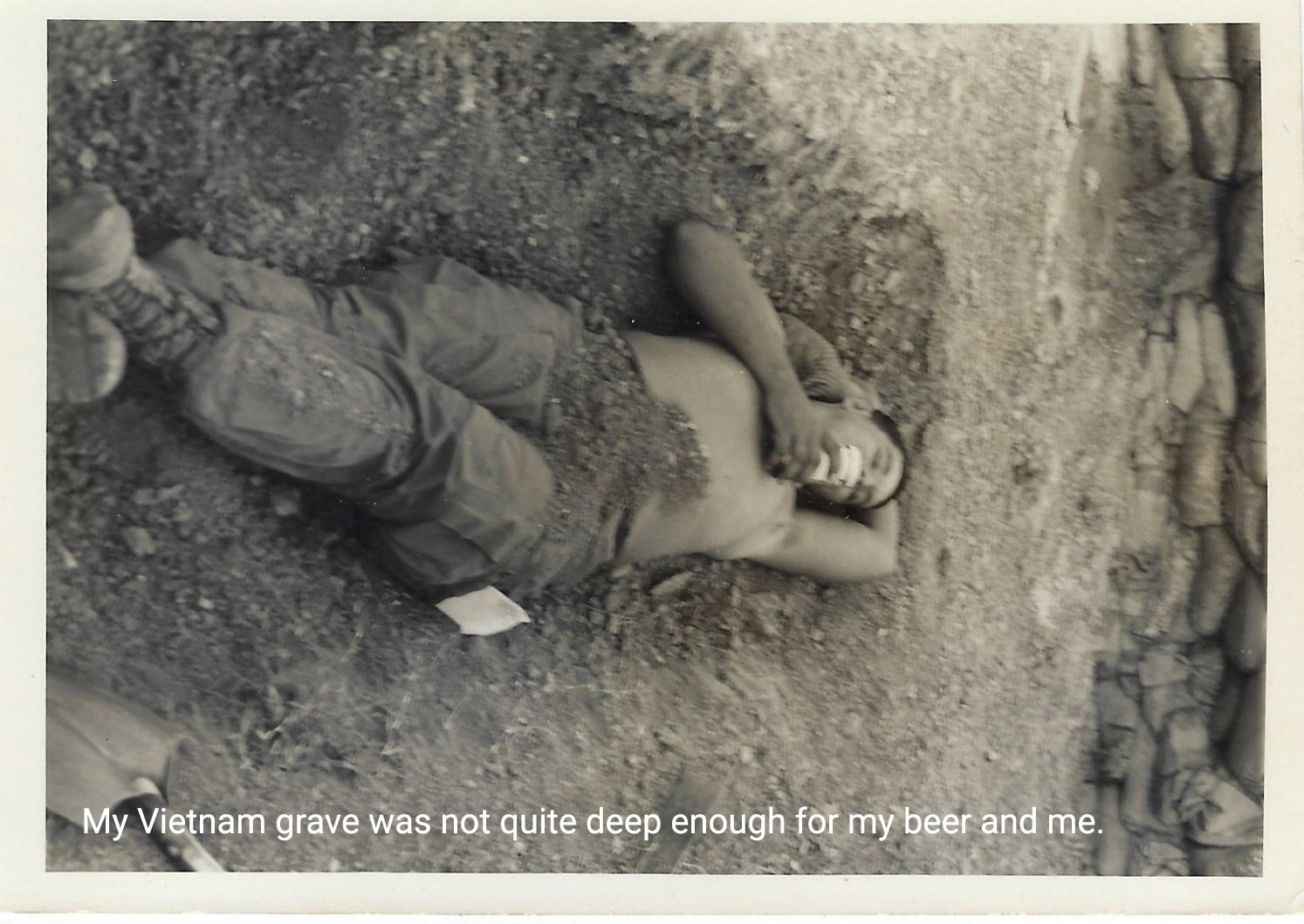
Even in combat we were susceptible to the dreaded Annual Inspector General visits. No one in our company was overly concerned about it, but we did try to comply to keep our commander out of trouble. Our commander, Captain Delaney was a straight-up commander who cared more about the troops than about Army policy. We protected our captain. Upon leaving military service, Captain Delaney completed law school and eventually rose to become a member of the North Dakota Supreme Court.
Since we had an excessive and unauthorized inventory of communications equipment, repair parts and all the necessary to perform the difficult mission, we had to find innovative ways to hide our excess parts and equipment. Because the previous commander did not have a valid and accurate Property Book,1 we had no clear record of what equipment and repair parts we were authorized, so we resorted to guesstimating the inventory that was authorized and what was excess.
What we believed to be clearly over and above our allowed inventory we traded off in the surrounding units for useable stuff. We had an undocumented three-quarter-ton trailer with canvas cover onto which someone had stenciled "Pandora's Big Box". It was fun rummaging through Pandora's box. Whenever we ordered a repair part, we would double the quantity and throw the second repair part in Pandora's box. Any time a needed repair part was not available in the system, we would spend a couple of hours digging through Pandora and eventually find the required part. Pandora even stocked a spare teletype, a couple of radios and the recorder canisters which were dropped from helicopters into enemy territory to record enemy movement and conversations. We would dig trenches and bury items that had no clear current or future value to our mission.
It was a difficult task to dig holes in the 101st Airborne area. The ground was something like caliche,2 a cement-like layer used in cement. At one point we had two teletypewriter covers which we could not use, justify or trade off. With pick and shovels, we were unable to dig a trench deep enough for the covers. Someone suggested we break them up in small pieces and bury them in the shallow trench. We tried to smash the magnesium covers with picks and axes, but they were actually designed to protect the teletypewriters, so they would not break. The best we could do was punch some holes in them.
While thinking things through with a can of beer in hand, farmboy suggested, "Damn, Tony, you've been in this miserable country going on three years now so you probably already qualify for citizenship. You'll probably end up here for the rest of your life and be buried here! This can be your grave."
"Well, why wait till I'm dead?" I said. "We've got a good grave going here. Lemme just lie down here and be done with all this bullshit. You all can worry about taking care of that excess property without me." I then laid down in my grave with my beer in hand. Someone started throwing dirt on me while another took the picture. I didn't lie there long enough to finish my beer. Some sergeant walking by noticed our prank and yelled out, "What the fuck are you men doing? You'd best hurry up and bury those damn excess parts before all shit hits the fan!" I got up from my grave and we again began the task of burying the excess parts. Farmboy from Kentucky suggested we make a pile of wood, place the covers in it and pour gasoline to set it on fire. We got a good fire going, but the covers would just not burn. After a few more attempts and pouring gasoline mixed with diesel, the magnesium covers started smoldering slowly but just would not catch on fire.
We were losing time, and the inspection time was getting closer, so we tried to put out the smoldering but could not. Seems that once magnesium starts smoldering, it will not stop. Meanwhile, farmboy was still digging the hole. When the hole seemed deep enough to bury the covers, we threw them in there and covered them up with dirt then drove a two-and-one-ton truck over the hole to thump the dirt down. Believing we'd done a good job, we stopped for a break and sat around the slight mound drinking warm beer. No more than some ten minutes had passed when someone noticed smoke coming out of the mound. We all were incredulous! Farmboy asked, "Now, how the hell can these things still burn in the absence of oxygen?" We began scraping loose dirt from nearby areas and piling it over the mound. Smoke still managed to find a way out. Inspection time was getting closer.
There was a deep ravine some one hundred meters from our work area, so we decided to pull them out of the hole and throw them into the ravine hoping the inspection folks were not sufficiently smart to look there. That done, we lined our trench with canvas, dropped in a great number of excess-but-useable repair parts and covered the hole.
The Inspection Team was in a panic. They were behind schedule and needed to complete their inspection before dark so they could return to the safety of their 8th Radio Research Field Station at Phu Bai. Our commander was purposely taking additional time to 'explain' our operational mission and our accomplishments despite being specifically targeted by North Vietnamese regulars. The team finally called it a day and made a quick and hasty departure after a cursory walk through our area. They saw nothing out of order and were gone leaving us with enough daylight to recover our buried repair parts. We went to check on our magnesium teletype covers, and they were still smoldering and almost completely consumed. I gained a new respect for magnesium.

Teletypewriter Cover


1 Official record of all classes of managed equipment and controlled supplies owned, leased, loaned and borrowed and the management of their records transferred into and out of owning unit.
2 Caliche is a layer of soil in which the soil particles are cemented together by calcium carbonate (CaCO3).
©Copyright texan@atudemi.com - January 2022